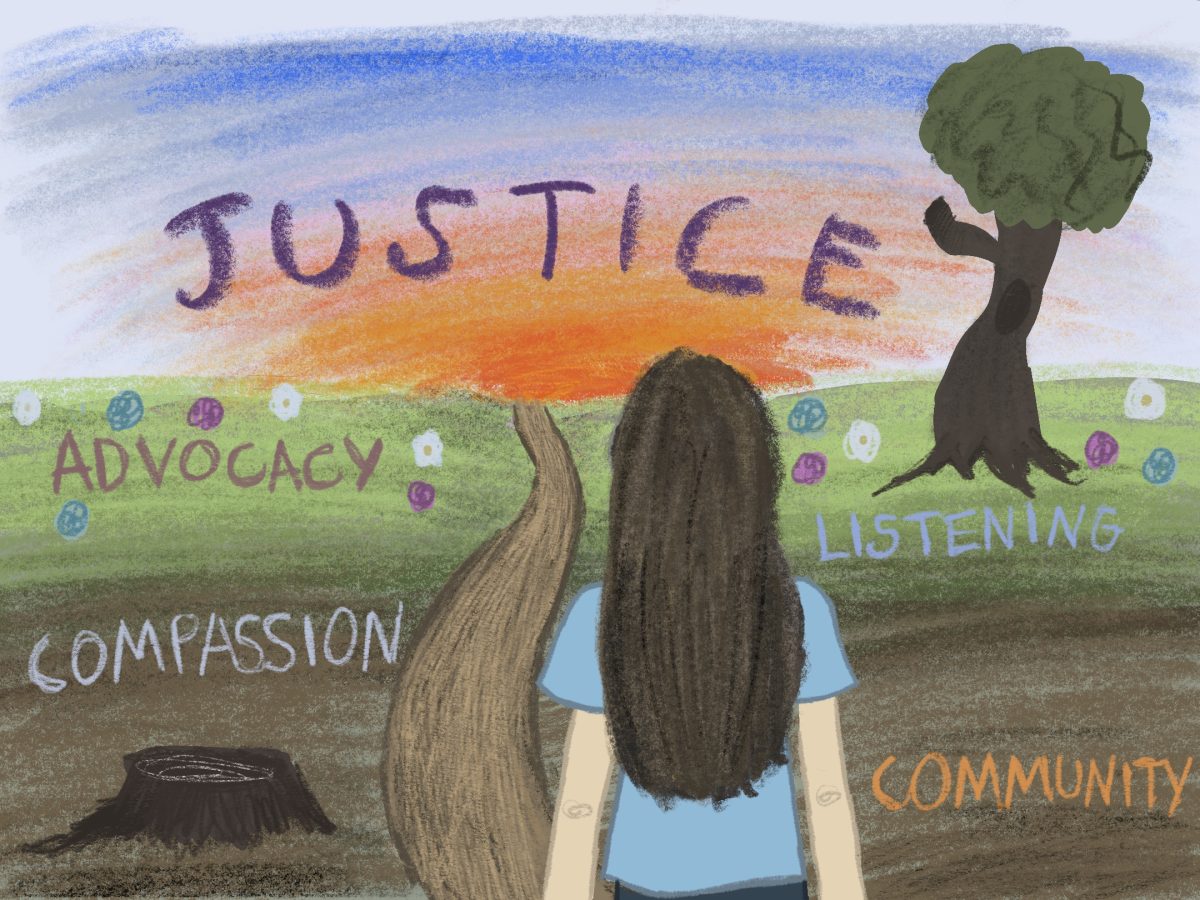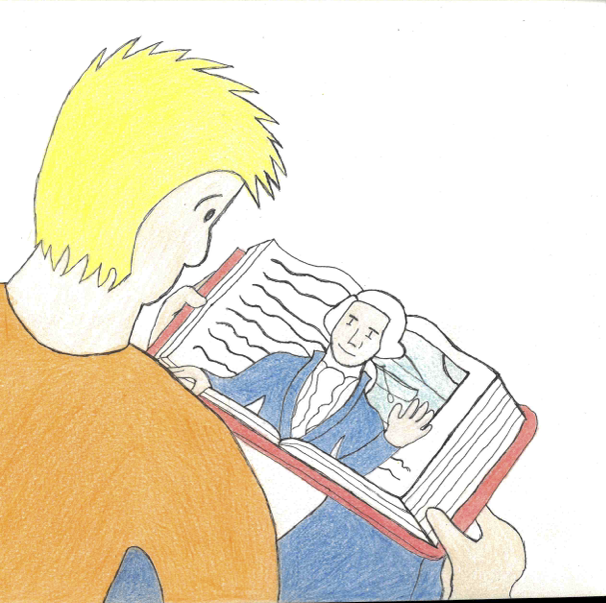On August 27 the New York Times reported that President Obama was pursuing a voluntary climate accord that will “name and shame” the largest emitters of carbon in the place of a precedented legal treaty. The accord/treaty controversy is the result of international pressure to meet at a historic Intergovernmental Panel on Climate Change meeting in 2015. What is the goal of this accord? To sidestep a deadlocked Congress and actually participate in an international issue that the United States has traditionally shied away from.

I understand that this panel will most likely fail. The same awkward situation occurred during the Kyoto Protocol when President Clinton signed a binding treaty without first verifying that he had support back home. Our government assured the United Nation’s Intergovernmental Panel on Climate Change that we would in fact reduce our carbon emissions in a legally non-binding, “voluntary” way. The problem is that when an action is categorized as “voluntary” and the perceived cons outweigh the less obvious pros, the voluntary decision becomes a no-brainer. As with any entity, the government will attempt to mitigate immediate risks and thus be blind to long-term advantages, making decisions on shortsighted benefits.
On the other hand, events like this make me question the larger relationship between politics and climate change. I have seen with my own eyes how state Congressmen, known for their denial of climate change, have put politically expedient ideology on the back burner so they can enact legislation supporting families and local businesses in Louisiana. The senate in a red state voted unanimously to pass legislation giving 50 billion dollars to support research and innovation working to reduce coastal erosion caused by global warming.
Politics and climate change ideology do not have to be in constant conflict. In fact, they should not be. At the end of the day, politics should be in place to support people. The effects of a warming world will be non-discriminatory; they will affect everyone no matter what their economic or political status.
































